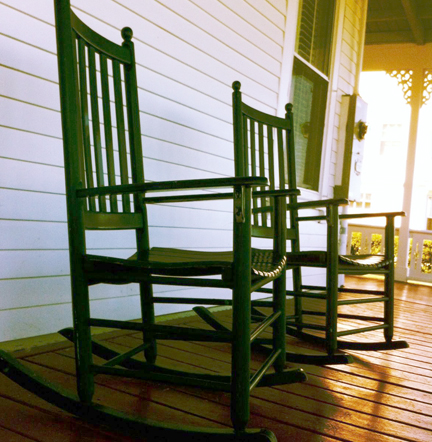
by Joan Blumenfeld, MS, LPC
My 85-year-old client, Mike, was a charmer. Even though he was becoming increasingly confused and forgetful, he had a way about him. He was articulate, gracious and a good conversationalist. He had many interesting stories to tell about his family history and his many years curating a world-class museum of Islamic Art.
Mike was attractive, though a little down at the heels in his attire. He carried a bunch of keys on dirty strings around his neck. Some were to the door of his apartment and his mailbox, some for his car, and some which no longer held any recognizable purpose. Mike’s old friends had either passed on or moved away, and his family lived at a great distance. Mike had consequently become seriously isolated.
And worse yet, Mike was a hoarder. He didn’t collect things that had any intrinsic value, like coins or antiques or stamps. Instead, he hoarded old newspapers: The New York Times, The Wall Street Journal, the local town paper. He saved outdated calendars with photos of sports heroes and mountain landscapes and sailing craft.
He collected dozens upon dozens of greeting cards that he thought he might want to send to friends, but somehow never did. There were solicitations from every wildlife organization on the planet; from every Indian reservation in the USA; from local and national charities of every description; not to mention bank statements from years back and, most threatening of all, unpaid bills and import renewal notices of all sorts. In fact, papers were stacked several feet high on every available surface in Mike’s apartment, except for the kitchen and the bathroom.
Mike could not bear to part with one single scrap of paper. He felt an urgent need to keep everything . . . just in case. He thought that one day he might want to read an interesting article he’d overlooked or donate to a charity he’d forgotten about. The very thought of cleaning out his apartment was completely overwhelming, even paralyzing.
Continue Reading















